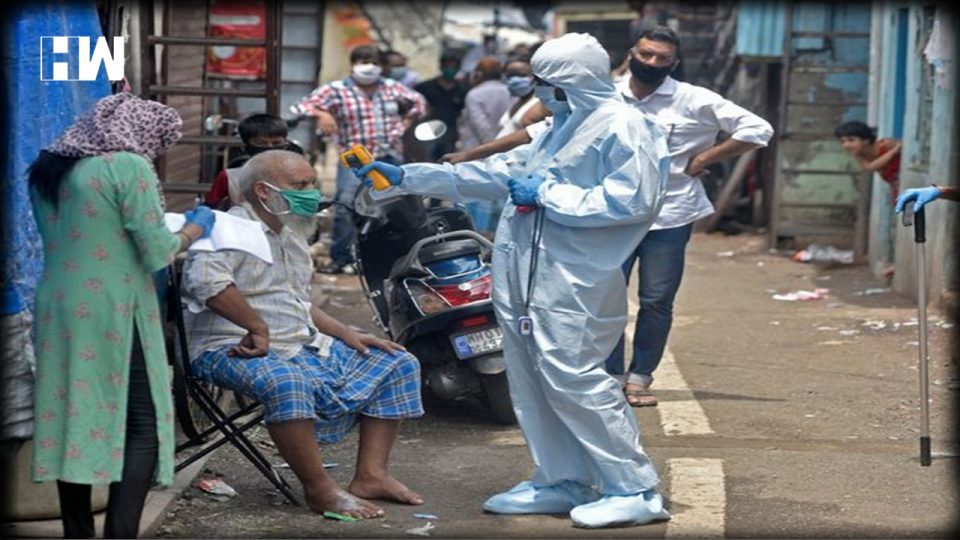The study was conducted by researchers from an Operations Research Group constituted by ICMR, according to the report by PTI.
New Delhi| The study claiming that the peak of coronavirus pandemic in India has been delayed by the eight-week lockdown and may now arrive around mid-November has been refuted by the Indian Council of Medical Research (ICMR), which said that the study does not reflect its official position.
“The news reports attributing this study to ICMR are misleading. This refers to non-peer-reviewed modelling, not carried out by ICMR and does not reflect the official position of ICMR,” the top medical research body of the government tweeted.
The news reports attributing this study to ICMR are misleading. This refers to a non peer reviewed modelling, not carried out by ICMR and does not reflect the official position of ICMR. pic.twitter.com/OJQq2uYdlM
— ICMR (@ICMRDELHI) June 15, 2020
The study was conducted by researchers from an Operations Research Group constituted by ICMR, according to the report by PTI. The report quoted the study suggesting that the nation-wide lockdown in the country shifted the peak of the pandemic by an estimated 34 to 76 days and helped bring down the number of infections by 69 to 97 per cent thereby allowing time for the healthcare system to ramp up the resources and infrastructure.
“In the scenario of intensified public health measures with 60 per cent effectiveness after lockdown, the demand can be met until the first week of November. After that, isolation beds could be inadequate for 5.4 months, ICU beds for 4.6 and ventilators for 3.9 months, projections by the health researchers showed,” the report read.
According to PTI, the study further says, “with sustained government steps at increasing the infrastructure and different pace of epidemic in different regions, the impact of unmet need can be reduced. If the coverage of public health measures can be increased to 80 per cent, the epidemic can be mitigated.”
It also stressed that approximately 60 per cent of deaths were prevented and one-third of these were because of “the reduction in unmet need for critical care as a result of the intervention”.
“While lockdowns will delay the onset of peak and will give the much needed time for the health system to respond, strengthening the health system response in terms of testing, isolation of cases, treatment and contact tracing, as is being done currently, will have to be the mainstay to reduce the impact of the pandemic in India until vaccine becomes available,” the study said, according to PTI.
As an independent media platform, we do not take advertisements from governments and corporate houses. It is you, our readers, who have supported us on our journey to do honest and unbiased journalism. Please contribute, so that we can continue to do the same in future.

